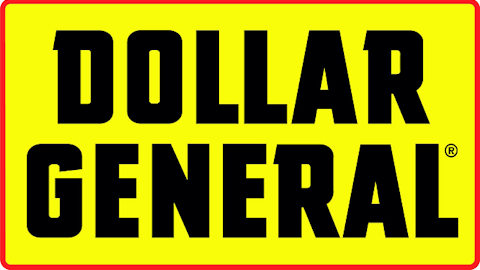Did you hear the news? You’re richer than you’ve ever been!
Never mind, of course, the 13.8% real unemployment rate.
According to yesterday’s headlines, our collective household wealth ascended to an all-time high in the first quarter of the year. Here’s how The Wall Street Journal advertised it: “Household Wealth Jumps to Pre-Recession Levels.” This is The New York Times‘ headline: “Fed Reports American Households Have Regained Ground Lost in the Recession.” And last but not least, the headline from Bloomberg News: “U.S. Household Worth Tops Pre-Recession Peak for First Time.”
The gist of each was the same. Yesterday morning, the Federal Reserve released the most recent update to its flow-of-funds data — a massive repository of financial statistics that’s updated by the central bank on a quarterly basis. Among other things, the data showed that the cumulative net worth of American households and nonprofit institutions had finally surpassed the pre-recession high.

While this is great news, there are two problems with it. First, as you can see in the chart above, the claim that household net worth has fully regained the ground it lost in the Great Recession is only true if you fail to account for inflation. Once you factor this in, using a price deflator supplied by the Federal Reserve, the result isn’t quite so rosy.
Here are the numbers: On a nominal basis, household and nonprofit net worth came in at $70.3 trillion last quarter, topping the previous high of $68.1 trillion in the third quarter of 2007. But on a real basis, using 2005 as our base year, the figure was a much more modest $60.4 trillion compared with the previous high of $64 trillion in the second quarter of 2007.
See what a difference that makes?
And the second problem is that whatever gains have come about have accrued almost exclusively to the wealthy. To give credit where credit is due, USA Today made this point front and center in its coverage of the issue.
Citing a St. Louis Fed report, the newspaper noted that rising stock prices — evidenced by the recent highs in both the Dow Jones Industrial Average and the S&P 500 — accounted for nearly two-thirds of the rebound in wealth through the end of last year. And the wealthiest 10% of Americans own 80% of stocks.
Now, don’t get me wrong — I’m all for getting rich and staying rich. But the problem is that this unequal recovery is masking the true health of the underlying economy. Don’t forget that 70% of gross domestic product stems from consumer spending, and much of that comes from the shrinking middle class.
As a simple example of this, you need only look at the variant performances of deep-discounter Dollar General Corp. (NYSE:DG), which caters to families with the lowest incomes, and Target Corporation (NYSE:TGT), which pulls its customers from a higher rung on the socioeconomic ladder. Over the past five years, Dollar General Corp. (NYSE:DG)’s sales per store have shot up by 37%. Meanwhile, Target Corporation (NYSE:TGT)’s are up by only 4.1%, or less than inflation.




